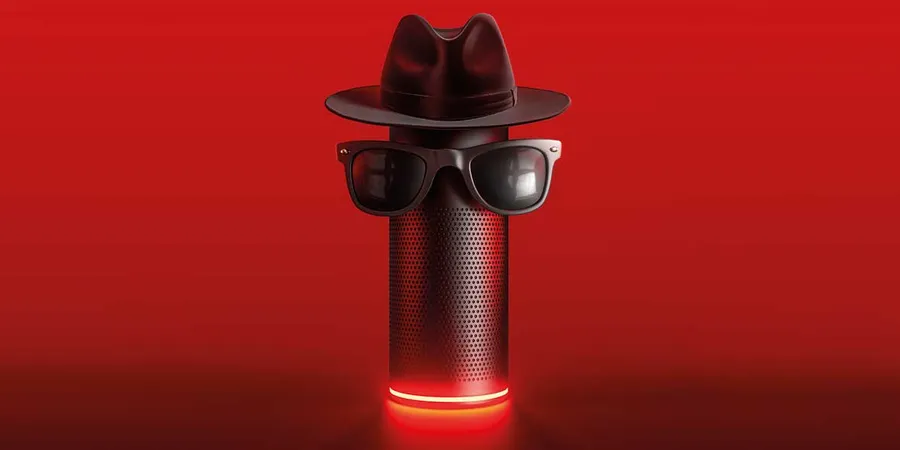Our smart home devices are watching us – and so are a host of marketing companies. Many brands appear to collate far more data than is needed for the product to function, from smart speakers that share customer data with TikTok and Meta, to smart TVs that insist on knowing viewing habits.
We analysed data collection practices of major brands across smart speakers, washing machines, TVs, video doorbells and security cameras. Every brand required exact location data, despite this arguably not being necessary for the product’s functionality, and some even want to track where you are when you aren’t using the app. But that is just the tip of this iceberg.
Read on to find out what brands demand when using their products, and how to improve your data privacy at home.
What can smart device brands do with my data?
Data collection isn’t inherently a bad thing – it can help companies make appliances run more efficiently, optimise them to your needs and develop better products.
However, the vast amounts of data that smart devices generate on us can also be funnelled into the global marketing industry.
- Smart speaker voice assistants can be used for asking questions about things you’re interested in or might want to buy.
- TV brands may track what you watch and use it to serve you ads or personalised marketing when you’re trying to enjoy entertainment in peace.
- Washing machine firms could know how frequently you wash and at what temperatures – valuable data to detergent companies and energy suppliers.
- Smart security cameras may know where you live, the size of home and if you have a fancy car, and can use this to build a profile of how affluent you are.
Knowing how you live your life has never been more valuable, so you should be fully in control of, or at least aware of, what you share and for what reasons.
Are smart speakers listening to you?….
Read The Full Article at Which



